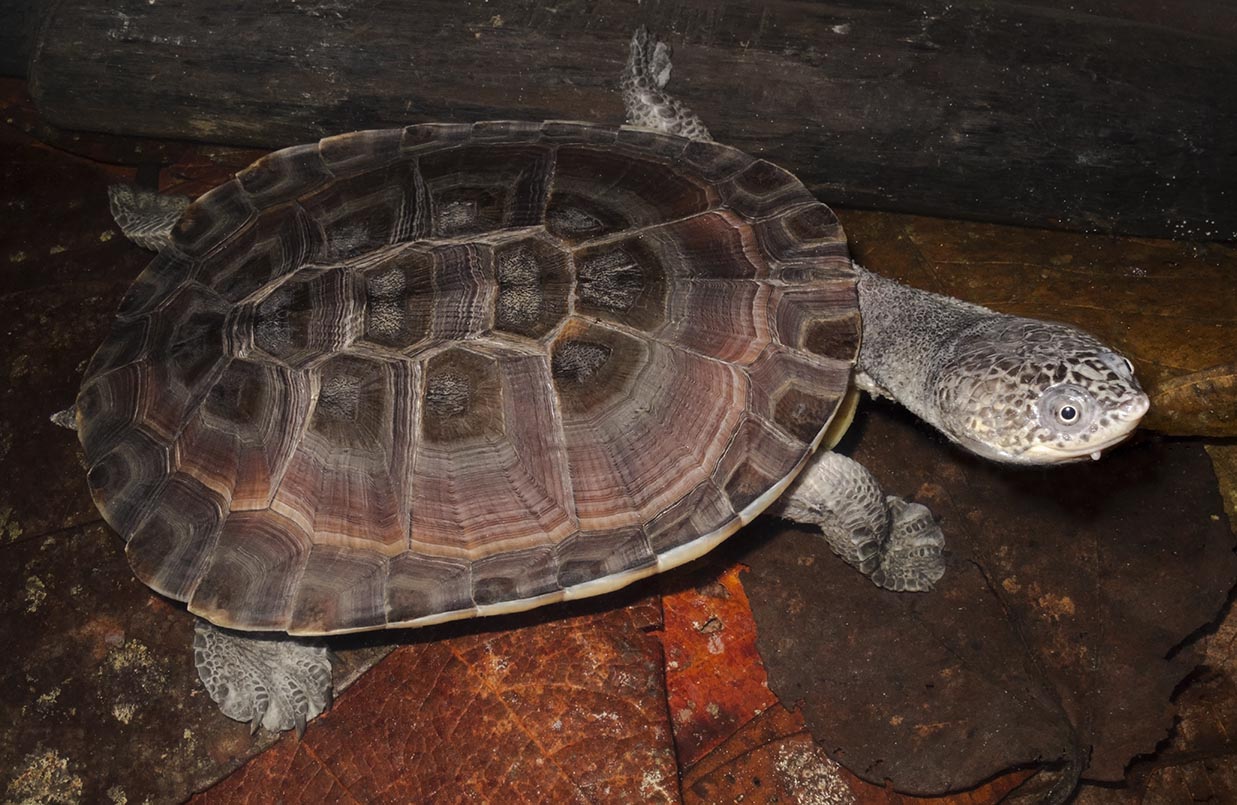Tadpole Food Consumption Decreases with Increasing Batrachochytrium dendrobatidis Infection Intensity
Parasitized hosts frequently experience behavioral side effects associated with pathology. Although this phenomenon is fairly well documented, we do not fully understand the relationship between changes in host behavior and parasite infection intensity. Building upon previous research on Batrachochytrium dendrobatidis (hereafter “Bd”) and feeding efficiency in anuran tadpoles, we conducted a laboratory experiment using Bd-infected tadpoles of the Green Frog (Lithobates [=Rana] clamitans). We allowed tadpoles to feed during a 5-h trial and tested whether Bd-infection intensity was a significant predictor of the amount of food that tadpoles consumed during the trial. As predicted, tadpole feeding efficiency decreased linearly with Bd-infection intensity. Our results indicate that Bd-infected tadpoles suffer a reduced potential to obtain food and that feeding performance is correlated with Bd-infection intensity. Our result indicates that, if tadpoles cannot clear low-level Bd infections, their health might decline at a rapid rate, which could further reduce their ability to defend themselves from other micro- and macroparasites.Abstract

The relationship between the amount of food consumed by tadpoles of Lithobates [= Rana] clamitans and Batrachochytrium dendrobatidis (Bd) infection intensity. Each datum point is an individual tadpole. Panel A shows the arcsine-transformed percentage of food consumed, relativized by the total length of each tadpole's intestine (Y = −0.553x + 2.14; R2 = 0.509). Panel B shows the absolute volume of food consumed by each tadpole (Y = −77.929x + 297.30; R2 = 0.260).
Contributor Notes
